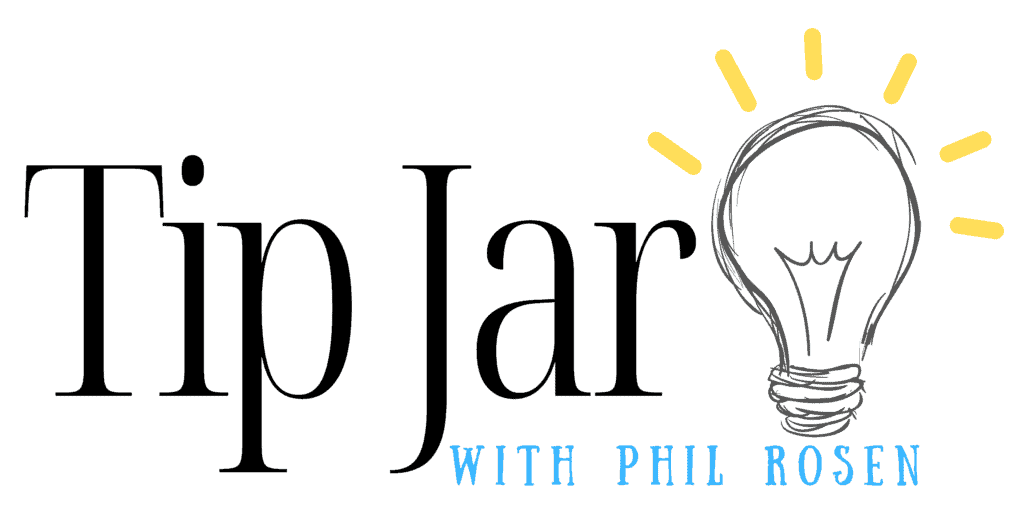
How optimism can ruin the future
Optimism isn't the secret to building a better future, it's hope.

Phil Rosen

Issue #8
|
March 21, 2022
|
Reading time:
6 mins
|

Welcome back, readers.
Even through the best of times, uncertainty clouds the future. The next chapter of anything isn't easy to anticipate, and that’s more true now than ever.
Today I’m breaking down how to better arm yourself for what could come next — in relationships, school, work — by being a little less optimistic.
Here we go.
Smart, curious people have smart, curious friends. Share this newsletter.
Using hope to build a better future
The friends of mine who fared best in the pandemic are the ones that paid the least attention to the news cycle.
They adapted when necessary, but otherwise focused on the things they could do to persevere.
My more informed associates, on the other hand, told me about various anxieties and unmet expectations. They largely believed the constant intake of information gave them more solid ground to make predictions — and more reason to be optimistic.
But reality didn’t fit their timeline. It almost always let them down.
Even among the most optimistic of my friends, bleak developments crushed them.
But that’s just it: Even well-informed, well-intentioned optimism doesn’t make the best strategy.
Optimism can often mean distorting reality to fit certain expectations. But that doesn’t help you plan for what’s to come, or improve your well-being.
Instead, then, we can turn to hope.
Hope and optimism are similar, but aren’t synonyms. A 2004 study gave a helpful distinction:
“Hope focuses more directly on the personal attainment of specific goals, whereas optimism focuses more broadly on the expected quality of future outcomes in general,” the researchers wrote.
The eminent Harvard scientist Arthur Brooks put it more simply:
“Optimism is the belief that things will turn out alright; hope makes no such assumption but is a conviction that one can act to make things better in some way.”
Other studies have shown that hope has more power in staving off the likelihood of illness and predicting academic achievement.
Some, like Man’s Search for Meaning author Viktor Frankl, describe hope as an active choice — a voluntary action — while other data suggests optimism is at least partially genetic.
In any case, there are ways to become a more hopeful person without becoming overly optimistic or distorting the way you see reality.
You can envision the person you want to be, and write down how you’ll get there. This is more productive than relying on the general belief that “things will improve.”
Hope is built on action. Rather than enjoying the idea of a world without COVID, for example, you can list out specific things that you can do to improve your immediate situation.
Maybe that means doing more community service or volunteering on a help hotline. Perhaps it has to do with becoming the best student or employee you can be.
Think of the specific things you can take action on today to construct a better tomorrow, without leaving things to chance.
That way, you can have a say in the matter. You won’t have to rely on an optimistic yet vague idea of the future.
Optimism is nothing to dismiss if you've got it, but you relying on it fully is a recipe for a let-down. Hope demands that we take part in building what comes next, that we work at it.
It's time to get crackin'.
— Phil
Follow me:


Tip Jar Recs
Something quirky: Users go to TikTok for the vibes - which can be thoughtless, hypnotizing, and totally lacking in substance. (The New Yorker)
Something different: Scientists disagree, but it's obvious we are living in a simulation. Those in lab coats should give in and join the shtick. (Wired)
Scenes from war: A model documented what it was like in Lviv, Ukraine, in the days before Russian shelling began. A diary of life on the ground. (WSJ Magazine)
In case you missed it: I asked almost 3,000 people to share the best life advice they've ever heard. Within one week, the experiment has become the most-viewed story on the website, ever.
Feedback? Reply to this email, or message me on Twitter or Instagram.
Sign up for Tip Jar if you haven’t already, and feel free to share this with a friend.
You can read this newsletter online here. You can read last week’s edition here.
Photo by Pixabay on Pexels.com












